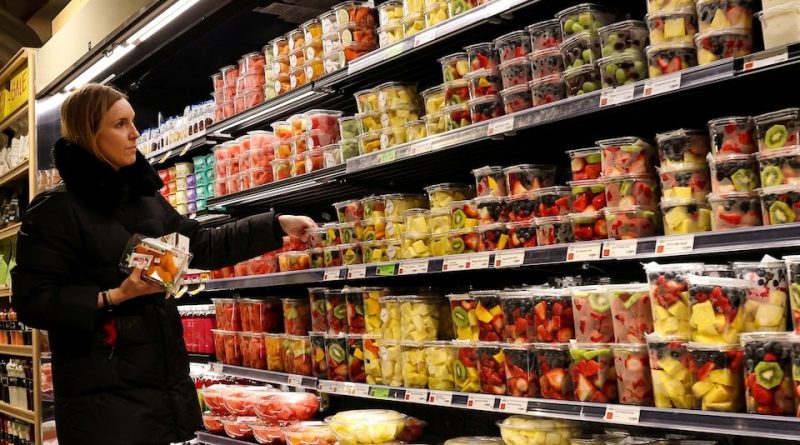U.S. Communities Unite to Strengthen Food Security Amid Funding Challenges
Milan – As the United States faces temporary disruptions in federal assistance programs, communities, charities, and local organizations are stepping up to ensure that no one goes hungry.
Across the country, food banks and volunteers are working tirelessly to meet the growing needs of families, demonstrating the resilience and compassion that define the nation’s spirit.
In Huntington, West Virginia, the Facing Hunger Foodbank is expanding its outreach programs, offering meals and fresh produce to households across multiple states.
Despite rising food prices, its volunteers continue to distribute supplies with dedication and optimism, supported by local donations and community partnerships. Their efforts show how grassroots action can make a real difference during times of uncertainty.
Many food banks across the United States are building new alliances with businesses, civic groups, and faith-based organizations to sustain operations and improve efficiency.
From Denver to North Carolina, these collaborations are enabling better coordination, allowing essential food supplies to reach families in need faster and more consistently.
The surge in community involvement is also encouraging innovation. Several food banks are introducing mobile distribution systems and digital donation platforms to improve access for those in remote or underserved areas.
These solutions are not only addressing immediate hunger but also strengthening long-term food security by modernizing outreach methods.
Local governments are responding with proactive measures to prevent hunger from escalating. States such as California, New York, and Virginia are launching emergency initiatives and partnerships to support food programs while exploring new models of public-private cooperation.
This reflects a growing recognition that collective action can safeguard well-being even in challenging circumstances.
Organizations like Feeding America have continued to mobilize nationwide support, connecting food banks with surplus suppliers and encouraging citizens to contribute.
The network’s data-driven approach helps identify regions most in need, ensuring that every donation reaches the right place at the right time.
In North Carolina, the MANNA FoodBank has shown remarkable adaptability. After its warehouse was damaged by Hurricane Helene, the group rebuilt quickly with community support and continues to serve record numbers of families.
Its success highlights how resilience and unity can turn adversity into an opportunity for renewal.
Local businesses are also stepping up by sponsoring food drives, donating excess inventory, and encouraging employee volunteer programs.
These actions not only provide vital resources but also foster a deeper sense of social responsibility within the corporate sector.
Community-based organizations are launching educational campaigns to help households manage limited resources, encouraging healthier food choices, and promoting local agriculture.
Farmers’ markets and urban gardens are becoming important allies in creating sustainable solutions that empower communities to be more self-reliant.
While national discussions on federal assistance continue, the immediate focus on local action ensures that families have ongoing support. The unity among citizens, nonprofits, and state agencies shows that America’s strength lies in its people’s ability to care for one another.
Food security has become more than just a policy issue—it’s a shared mission. Every act of giving, whether through volunteering, fundraising, or advocacy, contributes to a stronger safety net for millions. Across cities and rural communities alike, the sense of solidarity is growing, inspiring hope even amid uncertainty.
As the holiday season approaches, this wave of cooperation serves as a reminder that compassion can bridge gaps left by policy and politics.
The United States is witnessing not just a challenge but a movement—one where communities are rising together to ensure that no one is left behind at the table.



